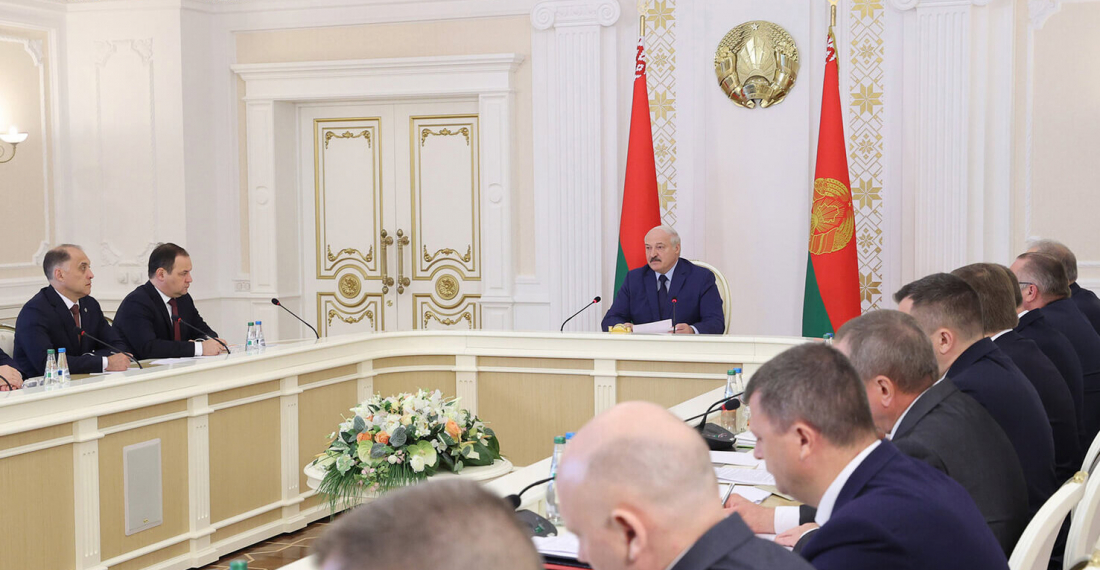The president of Belarus, Alexander Lukashenko, has announced new countermeasures against the European Union. Minsk will restrict the transit of European products to Russia and China. Furthermore, Lukashenko threatens to allow refugees from Afghanistan, Syria and Iraq to enter European countries unhindered.
During a government meeting in Minsk, Lukashenko announced that he would not stop anyone wanting to cross into the EU. A record number of migrants and refugees have entered EU member Lithuania in recent days. People are on their way from war zones to "warm and comfortable Europe, and Germany needs workers", said the Belarusian leader.
Lukashenko also decided that European products would no longer be transported via Belarus. The president had previously closed the Belarusian market to European products. "This is how you should deal with the Germans. Let them take their goods to Russia and China via Finland. Or through Ukraine, there are good roads there."
The countermeasures are a retaliation to the set of sanctions imposed by the European Union as punishment for the repression of dissidents in Belarus.
The EU considers last year's presidential election fraudulent. In the elections on 9 August 2020, Lukashenko had one rival candidate, Svetlana Tikhanovskaya. Other potential presidential candidates, including her husband Sergei Tikhanovsky, Viktor Babariko and Valeri Tsepkalo, were not allowed to run. Lukashenko was declared the winner by the Central Election Commission with 80 per cent of the votes, against 9.9 per cent for Tikhanovskaya. The international community does not recognise the election results.
The European Union sanctions, and those imposed by other countries such as the United States, are intended to put pressure on Lukashenko's regime. The President of Russia, Vladimir Putin, on the other hand, has repeatedly assured Lukashenko of support and financial resources. Belarus has long been economically dependent on neighbouring Russia.






